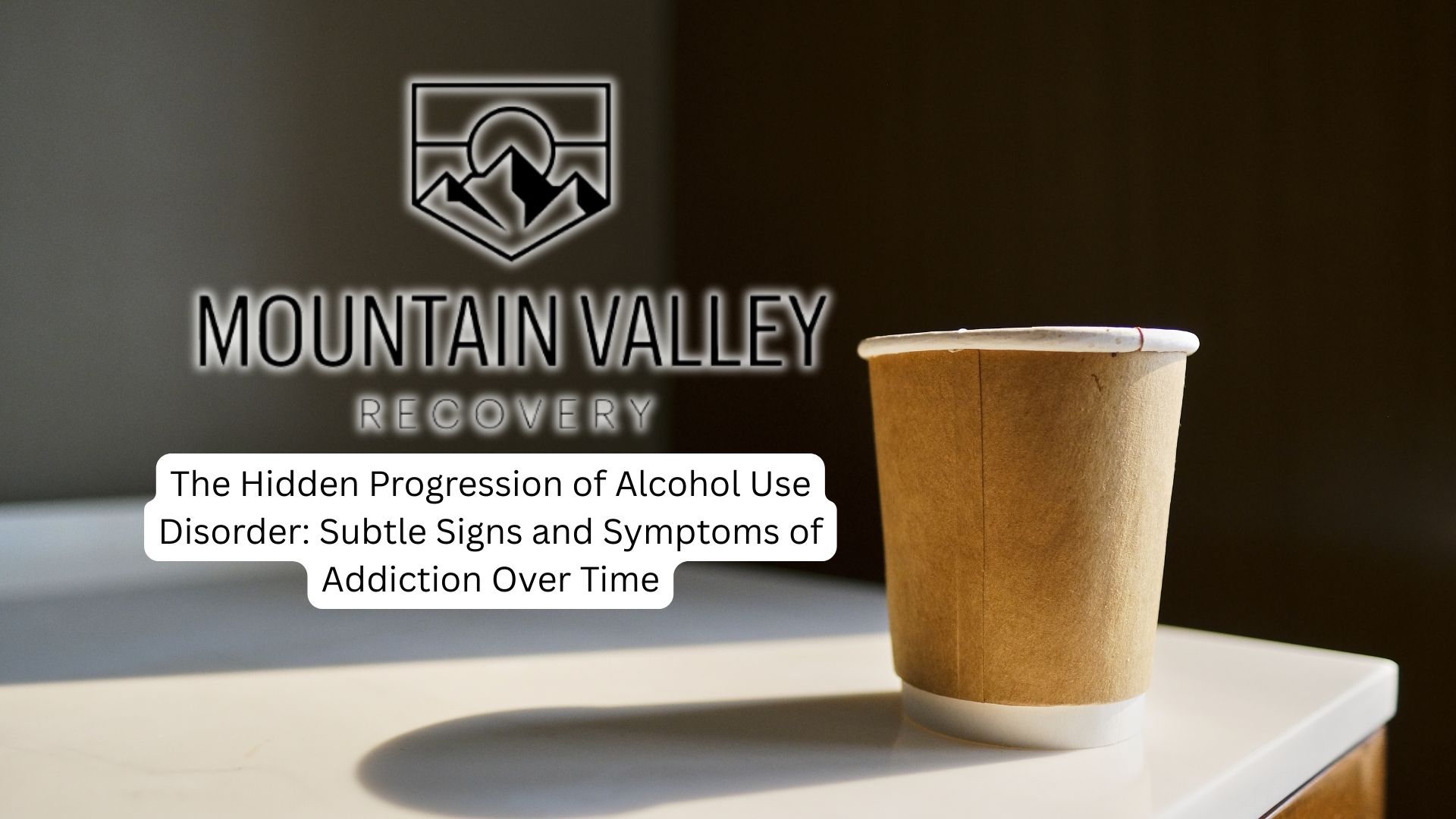Relapse is a well-documented aspect of addiction recovery, with estimates indicating that 40–60% of individuals in recovery will experience at least one relapse. While it is commonly assumed that relapse is triggered by negative emotions or stressful events, men experience relapse during periods when life appears to be going well.
This article will help you understand why this happens and the different factors that uniquely affect men in recovery.
The Paradox of Relapse During Positive Life Events
Relapse during periods of success or stability can seem counterintuitive, but it is a recognized phenomenon in addiction science. Positive life changes—such as career advancement, improved relationships, or financial stability—can introduce new pressures and expectations.
These changes may create stress to maintain the new status quo, leading to increased anxiety and vulnerability to relapse. Furthermore, the brain’s reward system, which has been altered by substance use, may interpret positive events as opportunities to celebrate or as signals that the individual is “cured” and can safely return to substance use.
Complacency and overconfidence are also common during good times. Men may reduce their engagement in recovery routines, skip support meetings, or distance themselves from their support networks, believing they are no longer at risk. This false sense of security can undermine the ongoing vigilance required for sustained recovery.
To address this overwhelming recovery stage, undergoing a relapse prevention program can be life-saving for any man in recovery.
Biological and Psychological Factors
Biological changes in the brain play a significant role in relapse risk, regardless of life circumstances. Chronic substance use alters the brain’s reward pathways, stress response systems, and executive control networks.
Even after a period of abstinence, the brain may remain sensitive to cues associated with substance use, and positive events can trigger dopamine surges that activate cravings. Neuroimaging studies have shown that dysfunction in the reward system and executive control regions is associated with higher relapse rates.
Psychologically, men may experience what is sometimes called “pink cloud syndrome,” a period of euphoria and overconfidence early in recovery. This can lead to underestimating the ongoing work required to maintain sobriety. Additionally, men are often socialized to minimize vulnerability and emotional distress, which can make it difficult to seek help or acknowledge internal struggles during good times. This reluctance to ask for support can increase the risk of relapse, as unaddressed emotions or stress may accumulate beneath the surface.

Social and Environmental Triggers
Men may feel pressure to celebrate achievements with old friends or in environments associated with past substance use. Increased disposable income or free time can create opportunities to return to previous habits. A lack of structure or routine, which sometimes accompanies periods of stability, can leave men feeling restless or bored, prompting a return to substance use for stimulation or excitement.
Environmental cues—such as being around people who use substances or visiting places associated with past use—remain potent triggers, regardless of current mood or life circumstances.
The Importance of Ongoing Recovery Support
Sustained engagement in aftercare programs, therapy, and peer support is critical for reducing relapse risk, even during positive life transitions. Effective relapse prevention strategies include identifying personal triggers, maintaining healthy routines, and building a strong support network.
For men facing relapse, a strong family unit plays a crucial role in offering emotional support and restoring a sense of belonging. It creates a foundation of accountability and connection that reinforces long-term recovery when combined with a reliable sober support network.
Education about the stages of relapse—emotional, mental, and physical—can help men recognize early warning signs and take proactive steps to maintain sobriety.
Aftercare programs also provide continued structure, accountability, and coping skills training, which are especially important when life is going well and vigilance may wane. Regular check-ins with counselors or recovery coaches can help men adapt their strategies as circumstances change.
Final Thoughts from Mountain Valley Recovery
Relapse during good times is not a sign of failure or lack of commitment; it is a reflection of the complex, chronic nature of addiction and the ongoing adaptations required for recovery. Men are particularly vulnerable to relapse during periods of success due to a combination of biological, psychological, and social factors.
At Mountain Valley Recovery, we understand that both adversity and achievement can pose relapse risks to men—which is why staying connected to the right recovery resources is essential. Our long-term residential rehab and relapse prevention program in Utah are designed specifically for men who need ongoing, structured support to navigate these challenges and build lasting sobriety.





